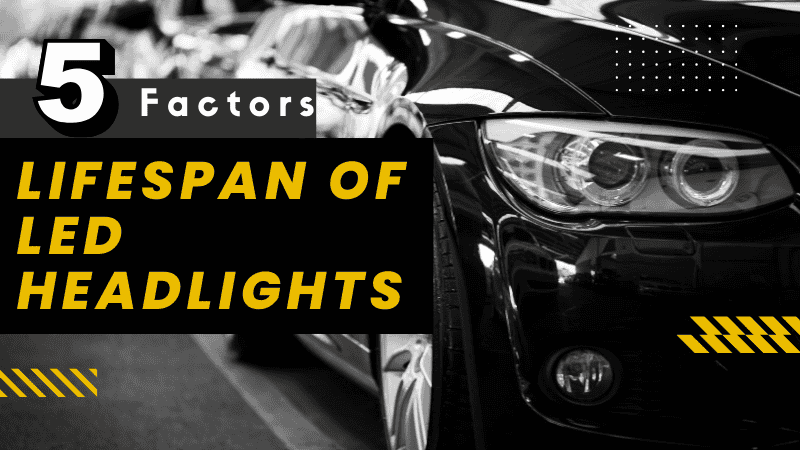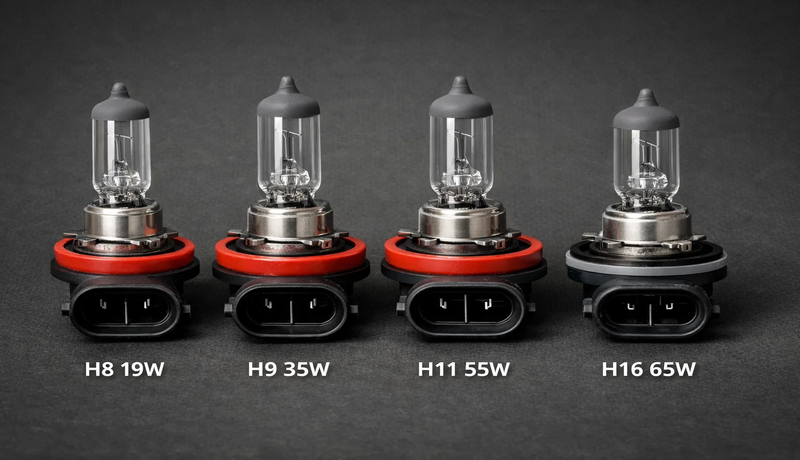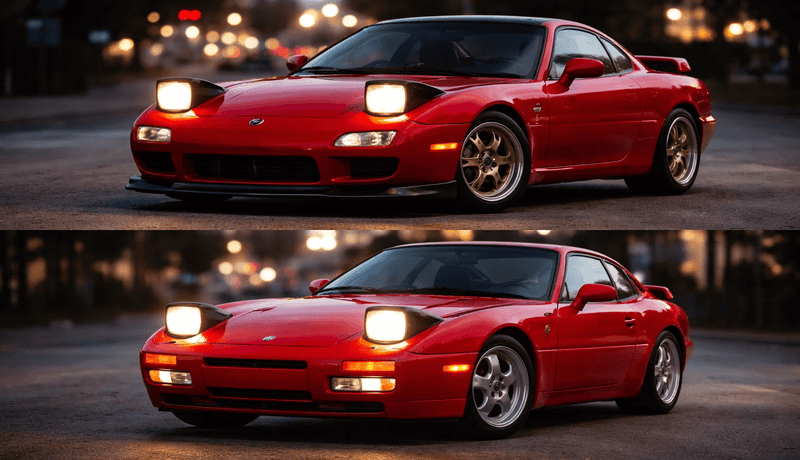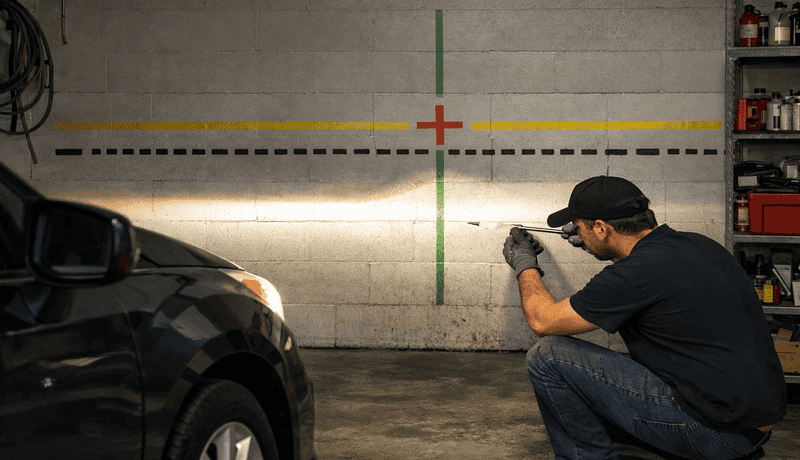The latest LED headlights are rated for 50,000 hours of operation or longer. A lifespan of 30,000 hours is considered average. To put that into context, the lifespan of a good halogen bulb is only around 1000 hours.
The performance gap between these two technologies is significant and many drivers are rushing to install LED headlights. However, despite the lofty promises, it’s possible to end up with an LED headlight bulb that doesn’t outlast a halogen bulb.
The actual lifespan of an LED headlight is affected by several factors. This article explains how five of the most important factors affect LED headlight durability and how to avoid premature bulb failure.
Overview of LED Headlight Longevity
An LED headlight bulb can last significantly longer than halogen and HID bulbs. What is the secret to this long lifespan?
Why Do LED Headlight Bulbs Last So Long?
The crucial component in LED headlight bulbs is the LED, which is a solid-state device. There is no gas, liquid, or moving part in the bulb.
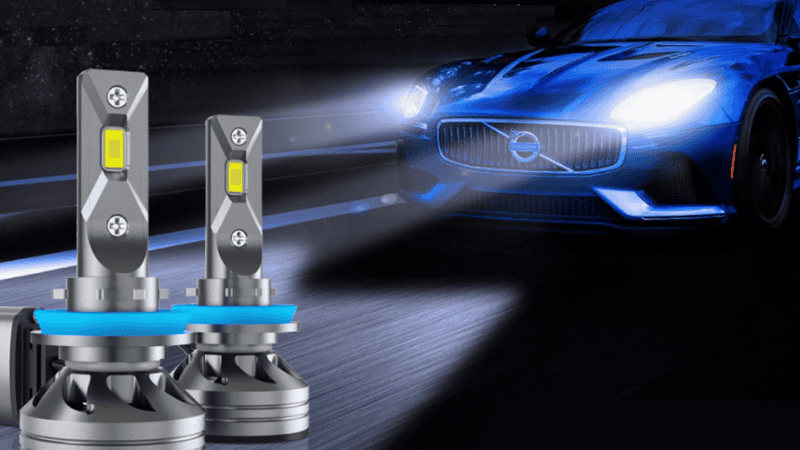
LEDs also produce little heat during operation and have no part that burns out like the tungsten filament in halogen bulbs. They also lack a glass bulb that can break. All these factors mean fewer potential causes of failure in any LED lighting system.
LED Headlight Bulbs Longevity Vs HID and Halogen Bulbs
As stated earlier, many LED bulbs today are rated for 50,000 hours of operation or more. Even if your LED light bulb only makes it to half its rated lifespan, it will still serve you longer than halogen headlight bulbs, which may survive for just over 1000 hours.
HID headlights are a better option compared to halogen headlights. The most durable HID or Xenon bulbs are said to last around 10,000 hours. However, this still pales in comparison to an average LED bulb’s lifespan.
Both halogen and xenon bulbs require an incredible amount of heat to emit light. This same heat needed to produce light makes these bulbs less energy efficient and causes certain components in both bulbs to degrade over time and burn out.
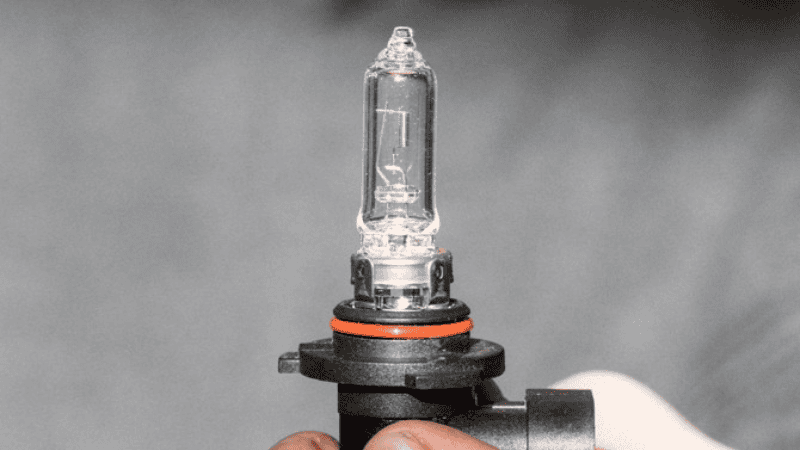
Additionally, the bulbs get less efficient with time and produce more heat. This may damage the headlight housing too. LED headlight bulbs also become less efficient with time but it takes much longer and they never produce as much heat as other bulbs.
HID and halogen bulbs also have components that are easily damaged. The filament in halogen lights can burn out, and the glass bulb can break. The glass bulb in HID bulbs can also break if contaminated. These factors reduce the potential lifespan of these bulbs.
Factors That Affect the Lifespan of LED Headlights
Despite their potentially long lifespans, your LED headlights may serve you for a shorter period due to some avoidable or unavoidable issues. Five of these are explained in detail below.
1. Quality of Components
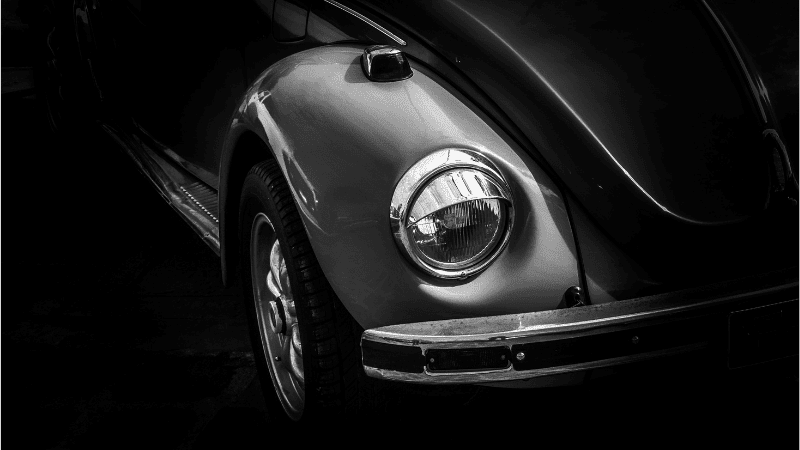
The performance of your LED bulbs hinges on the quality of each component used in their assembly. The main components of LED headlight bulbs are the LED chip, driver, and cooling system. The quality of these components affects the lifespan of the bulb.
LED Chip Quality
Some LED chips are less efficient than others. They produce more heat which lowers their lifespan and that of additional components, e.g., the driver.
Other LEDs are also not as bright as others. Therefore, they can only produce enough light if densely packed on a chip or if more power is passed through them. Both of these scenarios result in more heat around the chips, shortening their lifespan.
Driver and Electronics
The driver is a critical component in an LED headlight bulb because it converts the alternating current (AC) from the alternator to the direct current (DC) that LEDs need. When the driver fails, it can’t supply the LED with the correct current.
Just like the LED, these drivers are heat-sensitive. When exposed to operating temperatures above their limiting temperature, these electronic components quickly fail.
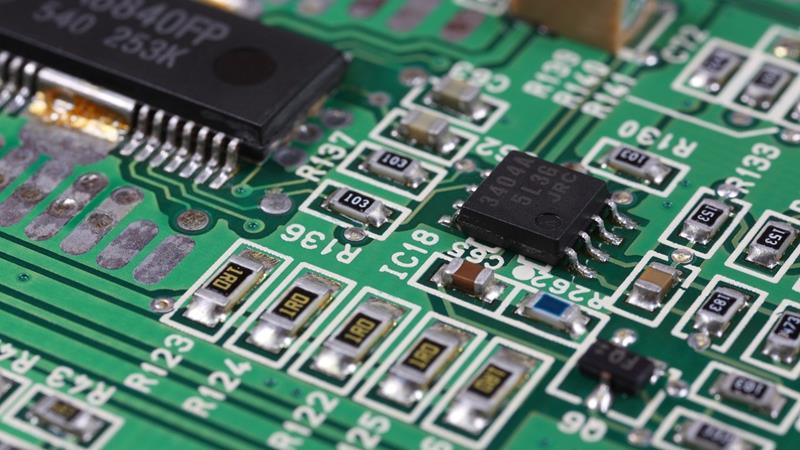
Drivers are affected by the heat they produce when converting AC to DC, and heat from their surroundings.
This is why internal drivers, which are closer to the LEDs, may fail faster than external drivers. Some headlight manufacturers may also not use the best quality drivers to cut costs.
Heat Management
As explained above, LED bulbs have several components that are sensitive to heat. Therefore, LED bulbs come with some form of heat management system. This can be a heat sink only or a heat sink and a fan.
Heat sinks must have a certain heat dissipation capacity for a bulb to reach its rated lifespan. Several issues can limit the rate of heat dissipation, including:
- Small heat sink: A large heat sink can dissipate more heat than a small heat sink. However, manufacturers may fit a smaller heat sink because they don’t understand the heating needs of the bulb or because it’s the only way the bulb will fit in some cars.
- Airflow issues: Heat sinks cool passively and rely on good airflow around them to remain efficient. If the space around the bulb has poor airflow, the cooling capacity of the heat sink will be compromised.
- Damage: The moving parts in some cooling systems, i.e., fans, can become stuck or damaged, lowering their cooling ability.
When choosing an LED bulb, confirm that the heat sink can meet the cooling needs of the bulb. Only go for bulbs with high-quality fans, especially if the bulb promises a very high light output.
You should also check the space around your headlights to confirm there’ll be enough space around the heat sink or fan. If the space is too small, consider a bulb with a smaller heat sink and a good fan.
2. Operating Conditions
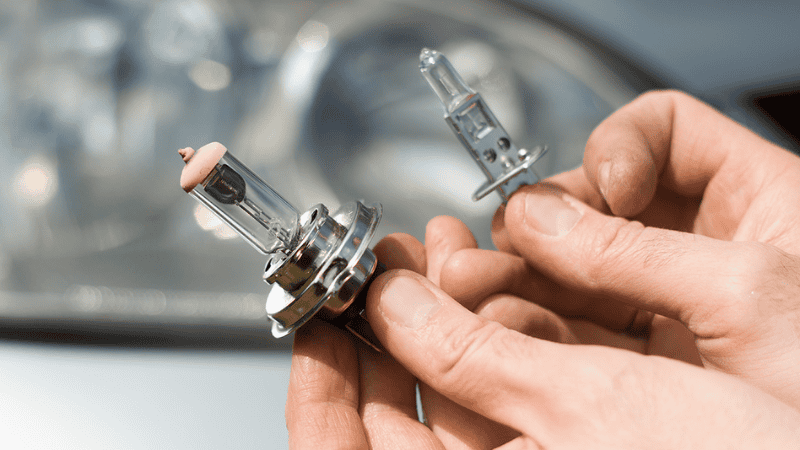
The conditions in which LED bulbs are tested are different from the conditions in which they are used. Certain variables in the real world are harder to control and can shorten the lifespan of LED bulbs.
Temperature Management
Managing LED bulb temperatures can be a challenge even with an adequate cooling system attached. The bulb can still be affected by the ambient temperature and, as pointed out, getting good airflow around the heat sink will still be a problem in some vehicles.
Even periodic spikes in temperature can accelerate the degradation of the LED and the driver, leading to a shorter lifespan.
Current Stability
LEDs are current-driven devices, and too much current can damage them. Unfortunately, in the real world, the current that goes to the LED can fluctuate due to several reasons, such as:
- Variations in the load on the car’s electrical system.
- Voltage fluctuations
- Mechanical issues in the alternator, etc.
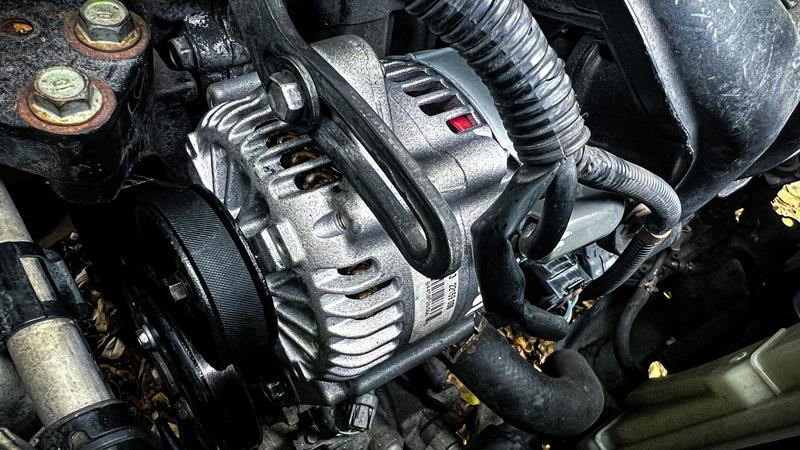
One of the LED driver’s jobs is to control the current going to the LED and protect it from fluctuating currents. However, the driver may not compensate for every current spike and can also be damaged by a power surge.
Moisture Protection
LEDs are solid-state devices and are not easily affected by moisture. However, the electronic chip they are mounted on can be short-circuited by moisture. Moisture can also cause corrosion of the PCB and other metallic parts of the bulb.
To keep moisture away from the LED bulb, you need a headlight housing that is properly sealed. However, a headlight housing may be unsealed due to damage or loosening of fasteners by vibrations.
3. Usage Patterns
Extreme usage patterns can lower the lifespan of some LED headlights. A long-distance driver who regularly drives at night uses their headlights a lot more than someone who commutes to and from work during the day.
If you drive for long periods at night regularly, you’ll have your lights on longer. This means the temperature of your LED lights will rise and stay high for a long time. This will shorten their lifespan.
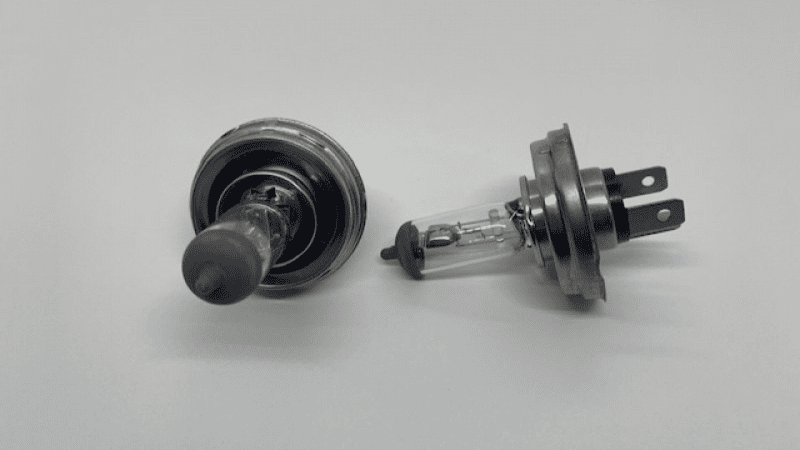
Likewise, driving conditions can also contribute to faster degradation of LED headlights. If you’re driving on poorly lit roads that require constant use of more powerful high beams, the bulb will produce more light, hence more heat.
Excess vibrations, e.g., when driving over rough roads, can also cause parts of the bulb to become loose. The phosphor coatings that are part of the LED can also be shaken off.
4. Maintenance Practices
LED headlamps don’t need a lot of maintenance. However, it’s still a good idea to do a few things to keep the bulbs in the best condition.
Regular Cleaning
Dirt and grime can lower the brightness of LED headlights because they obstruct the light. They can also increase the heating of the LEDs and lower their lifespan.
If dirt or grime has found its way onto your headlights, you can clean it off using a microfiber cloth dipped in a little rubbing alcohol. Wipe gently to avoid damaging sensitive parts and dry the bulb properly before using your headlights.
Sealing and Protection
The seal around your headlight housing protects the bulb and other internal parts of the headlight. This seal can degrade with time due to exposure to the elements. This will lead to the entry of moisture and dirt into the headlight assembly.
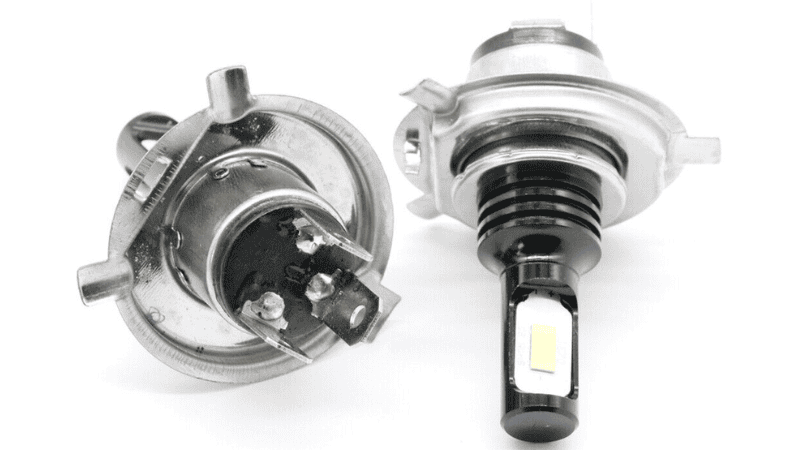
Inspect your headlight housing regularly to ensure the seals on both sides are in good condition. Dirt, dust, or moisture on the inside of the housing is a sign that the seal is compromised.
Adjust and Replace Components
Some parts of LED bulbs can become loose while others can break. Some parts, e.g., fasteners and sealing components, can be replaced.
You should also check for loose wires, especially those connecting to the base assembly. Fix these wires as they can cause flickering and short circuits.
5. Manufacturer and Product Quality
Manufacturer and product quality are two of the most important determinants of how long your LED headlight bulbs will last. The best-quality components assembled by a low-quality manufacturer will still result in a disappointing product.
To ensure you’re getting products with lifespan ratings you can trust, look out for the things below.
Brand Reputation

A manufacturer with a history of producing good products will have a great reputation for their brands. The opposite will be true for manufacturers who produce disappointing products.
You can find out a brand’s reputation by reading reviews and checking out automotive lighting enthusiast websites.
Warranty
When a manufacturer claims their bulbs will last for 50,000 hours, yet they only offer a one-year warranty, you should take their claims with a pinch of salt.
Under good conditions, an LED bulb claiming to last 50,000 hours should serve you for years. The warranty should reflect this.
Certifications and Standards
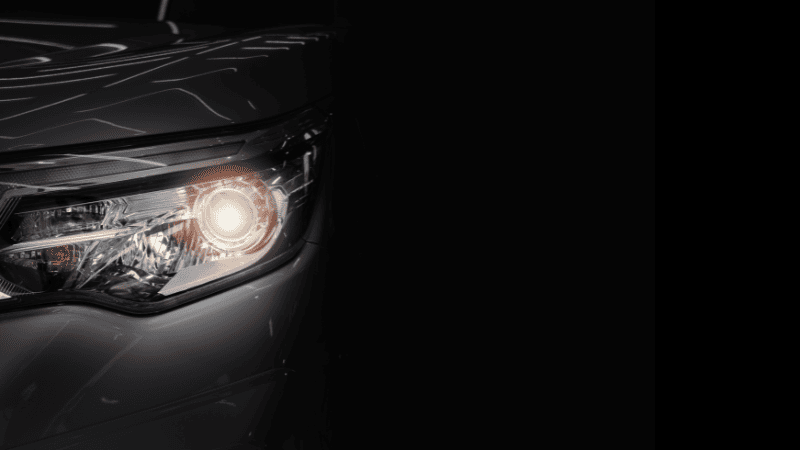
A good quality product that is expected to last should also be designed and manufactured to meet certain standards. For example, good headlight bulbs should produce a light beam pattern that meets DOT or ECE specifications depending on location.
When manufacturers don’t follow set standards, it won’t matter if the bulb lasts 50,000 hours because it won’t be worth using.
Conclusion
The durability of LED headlights makes them a good value for money. At their best, these lights will easily outlast halogen and xenon bulbs. However, this long lifespan is subject to certain conditions which are not always met.
The main threat to LED bulbs is heat. Although they don’t produce a lot of it, it’s an issue that must be managed well, otherwise, it will reduce the bulb’s lifespan.
It’s also important to get products from reputable manufacturers who can stand behind their claims about their LED lights’ durability.
Get LED Headlight Bulbs That Last From Carlightvision
Buying durable LED headlight bulbs doesn’t have to be a gamble. Carlightvision has years of experience manufacturing LED headlight bulbs, and you can trust the claims we make about our products.
Our headlight bulbs come with a 5-year warranty to ensure that our clients get lights that will last. Contact us to find out other benefits you will enjoy when you work with us.
